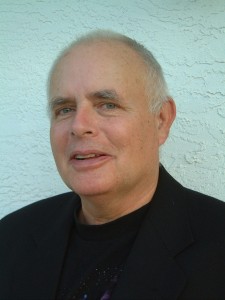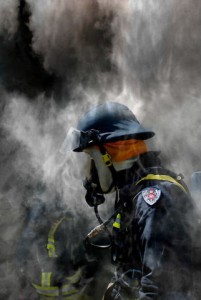 Guest Post
Guest Post
by Ed Griffin
Aristotle said, “Art releases unconscious tensions and purges the soul.”
I volunteered to teach creative writing first in a maximum security prison in Wisconsin where I lived. When we moved to Canada in 1988 I volunteered again, but the prison administrator told me I wasn’t needed because Simon Fraser ran a university program at Matsqui prison. A year later the program was cancelled and I started to teach creative writing.
That was twenty years ago and I made Aristotle’s quote my motto. Writing was an art, and it helped people understand themselves. I remember giving an assignment, “Write about a safe place you knew as a child.” Nothing was more productive than this. “Me and my brother, we had a fort behind the house where we went when ma was looking for us.” “My safe place was under the steps. I hid there when my old man came home drunk.”
If a guy stayed with the class, he got beyond “F…. the system,” though I was glad to see him write that, rather than act it out. Only a few guys in all those years turned into ‘real writers,’ but that didn’t make any difference to me. Continue reading “Writing: A Healing Art”

 Guest Post
Guest Post
 Guest Post
Guest Post